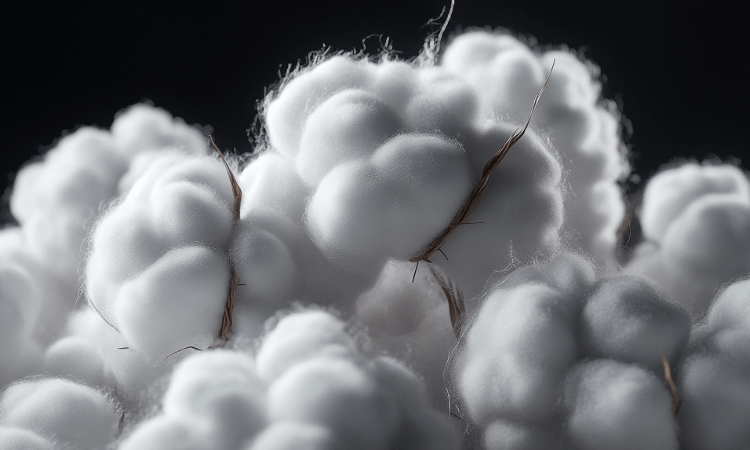
BLOG
KATEGORİDEKİ DİĞER YAZILAR

As one of the most important raw materials of the textile industry, cotton plays a critical role in the production of quality products. Assessing the quality of cotton fibers is important to increase availability in production, optimize durability and improve end product performance. A new generation of laboratory testing techniques allows for more precise and comprehensive measurement of cotton fiber quality.
The main parameters that determine cotton fiber quality are as follows:
Emerging technologies offer faster, more accurate and comprehensive analysis methods for measuring cotton fiber quality. Here are the new techniques that stand out:
HVI systems automatically and quickly analyze many quality parameters on cotton fiber.
High-resolution imaging methods are used to study the surface properties of cotton fibers.
NIR technology analyzes the chemical composition and moisture content of cotton fibers.
AFIS is a system for analyzing the homogeneity of cotton fibers and the amount of foreign matter.
Modern mechanical testing equipment is used to measure the strength and elasticity properties of cotton fibers.
Nano-lab Laboratories Group continues to provide services within the scope of Cotton Fiber Quality Measurement. We also provide services on GMO Analysis in Cotton.
Contact us for more information.
You can follow us on LinkedIn for up-to-date news and posts about our services.
Follow our Instagram account to be informed about our latest blog posts.